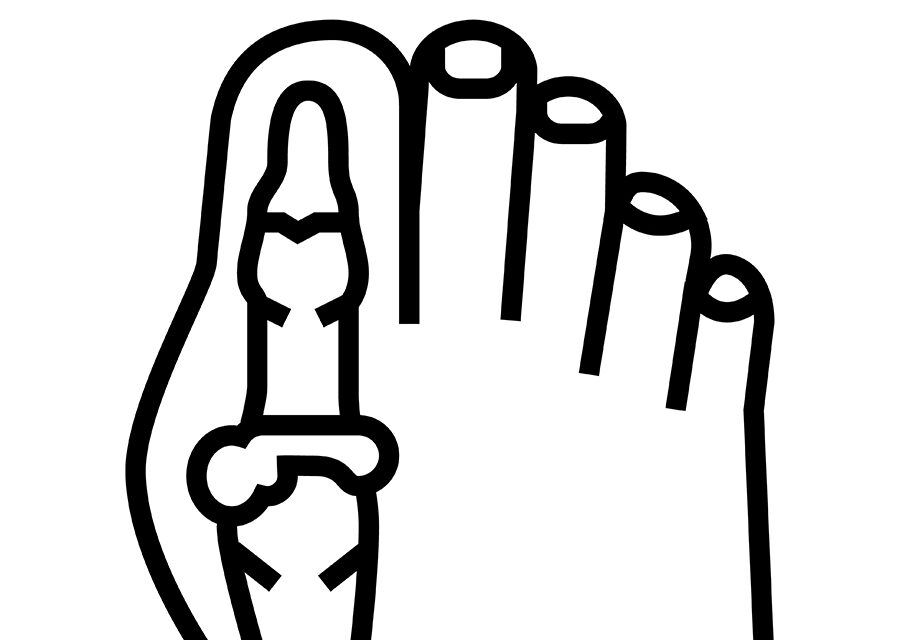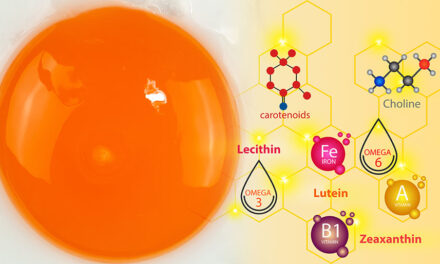Gout is a chronic inflammatory disease characterized by recurrent attacks of acute pain, swelling, and tenderness in the joints, particularly the big toe. While it can affect individuals of all ages and genders, it primarily affects middle-aged men and postmenopausal women.
Historical Significance:
Gout has been recognized since ancient times, with documented cases dating back to ancient Greece and Rome. Famous historical figures like Alexander the Great, Luther, Newton, Milton, and Dr. Johnson were known to suffer from gout.
Symptoms:
An acute gout attack typically presents with the following symptoms:
-
- Sudden, intense pain in the big toe: The pain often begins at night or in the early hours of the morning.
- Swelling, redness, and warmth in the affected joint: The joint may become so tender that even the slightest touch can be unbearable.
- Difficulty moving the affected joint: It may be impossible to put any weight on the affected foot during an acute attack.
Causes:
Gout is caused by the buildup of uric acid crystals in the joints. Uric acid is a natural waste product produced by the body, but when levels become too high, it can crystallize and deposit in the joints, causing inflammation and pain. Several factors can contribute to high uric acid levels, including:
-
- Genetics: Heredity plays a significant role in developing gout.
- Diet: Excessive consumption of purine-rich foods (red meat, shellfish, organ meats) can increase uric acid production.
- Alcohol: Alcohol can interfere with the body’s ability to eliminate uric acid.
- Medications: Certain medications can raise uric acid levels.
- Kidney disease: Impaired kidney function can lead to decreased uric acid excretion.
Complications:
Untreated gout can lead to several complications, including:
-
- Chronic gout: Chronic gout occurs when uric acid crystals accumulate in the joints over time, causing permanent joint damage.
- Kidney stones: Uric acid crystals can also form in the kidneys, leading to painful kidney stones.
- Kidney disease: In severe cases, gout can damage the kidneys, leading to chronic kidney disease.
Natural Treatments:
While gout requires medical management, several natural treatments can help alleviate symptoms and prevent future attacks:
-
- Diet: Following a low-purine diet can significantly reduce uric acid levels. Focus on consuming fruits, vegetables, whole grains, and low-fat dairy products while limiting red meat, shellfish, organ meats, and alcohol.
- Cherries: Cherries contain anthocyanins, which have anti-inflammatory properties and may help reduce gout attacks. Aim to consume 15-25 cherries daily.
- Potassium-rich foods: Foods like bananas, potatoes, leafy greens, and beans can help lower uric acid levels.
- Carrot juice: Carrot juice combined with beet and cucumber juices may be beneficial in reducing inflammation.
- French bean juice: Drinking 150 ml of fresh French bean juice can help manage gout symptoms.
- Raw potato juice: Raw potato juice is another natural remedy for gout.
- Fresh pineapple juice: Pineapple juice contains bromelain, an enzyme with anti-inflammatory properties.
- Epsom salt baths: Bathing in Epsom salt can help reduce inflammation and pain.
- Cold packs: Applying cold packs to the affected joints can provide temporary pain relief.
- Lifestyle changes: Maintaining a healthy weight, exercising regularly, and managing stress can all contribute to preventing gout attacks.
More Detailed Instructions:
(consult your physician first – these methods may not be right for everybody)
For dealing with an acute attack of gout, nothing beats the effectiveness of fasting. The recommended approach involves a fast lasting five to seven days, during which the patient consumes only orange juice and water. It’s worth noting that during the initial stages of fasting, the condition may temporarily worsen as uric acid, dissolved by juices, enters the bloodstream for elimination. However, this typically resolves itself with continued fasting. In severe cases, a series of short fasts lasting about three days each are advised over a prolonged single fast. Additionally, it’s essential to use a warm water enema daily throughout the fasting period to ensure bowel cleansing.
Once the acute symptoms of gout have subsided, the patient can transition to an all-fruit diet for three or four days. This diet includes three meals a day consisting of juicy fruits like grapes, apples, pears, peaches, oranges, and pineapple. Following the all-fruit diet, the patient can gradually adopt a more varied diet, including meals such as:
- Breakfast: Fruits like oranges, apples, figs, apricots, mangoes, whole wheat bread or dalia, and milk or butter-milk.
- Lunch: Steamed vegetables like lettuce, beets, celery, water-cress, turnips, squash, carrots, tomatoes, cabbage, and potatoes; whole wheat flour chappatis; cottage cheese; and butter-milk.
- Dinner: Sprouts like alfalfa and mung beans, a substantial salad of raw vegetables (carrots, cabbage, tomatoes), whole wheat bread, and butter.
It’s crucial for the patient to avoid foods that produce purine and uric acid, including meats, eggs, fish, and especially glandular meats. Intoxicating liquors, tea, coffee, sugar, white flour and its products, as well as all canned and processed foods, should also be avoided. Spice and salt intake should be minimal.
Cherries, both sweet and sour, are considered a potent remedy for gout. Ludwig W. Blan Ph.D. discovered this remedy over 35 years ago and found it to be miraculously effective. Starting with 15 to 25 cherries a day, the patient can reduce the consumption to about 10 cherries daily to maintain control. Fresh cherries are preferable, but canned cherries can also be used successfully.
Foods high in potassium, such as potatoes, bananas, leafy green vegetables, beans, and raw vegetable juices, offer protection against gout. A combination of carrot juice, beet juice, and cucumber juice (in the ratio of 300 ml carrot juice to 100 ml each of beet and cucumber juices) is particularly valuable.
Additionally, the juice of French or string beans, raw potato juice, and fresh pineapple juices have proven beneficial in treating gout. For added relief, the patient should bathe their feet in an Epsom salt foot bath twice daily, with the option to add half a pound to one pound of salt. Full Epsom salt baths, three times a week initially, can later be reduced to twice a week. Cold packs applied to the affected joints at night and outdoor exercise are recommended, while minimizing stress is crucial for overall well-being.
Conclusion
Gout is a painful and potentially debilitating condition, but it can be managed with proper medical care and lifestyle changes. By incorporating natural remedies into your treatment plan, you may experience reduced pain, fewer gout attacks, and improved overall health.
Note: This blog provides general information and should not be considered a substitute for professional medical advice. Always consult with your doctor before starting any new treatment plan.



















